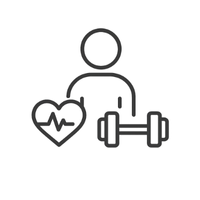
Therapeutic exercise is a planned physical activity used to help people recover from illness, manage chronic conditions, or improve overall health. It includes specific movements and routines designed by medical professionals, often tailored to a person’s unique health needs. Whether it’s to restore movement after a stroke, reduce high triglycerides, manage epilepsy, or support weight loss, these exercises are safe, supervised, and highly effective.
People may hear terms like rehabilitation exercise, stroke physiotherapy, or medical fitness therapy; these all fall under therapeutic exercise. In simple words, it's a personalised fitness plan that focuses on healing and health, not just general fitness.
A common misconception is that exercise is unsafe for people with serious health issues. In reality, when guided by professionals, therapeutic exercises are safe, often done in clinics or rehab centres, and can significantly improve quality of life.
Understanding the role of therapeutic exercise: what it involves, how it works, and who needs it, can help patients feel confident about using movement as a key part of their recovery and long-term well-being.
People need exercise therapy because it plays a vital role in managing and recovering from various health conditions under professional supervision. It helps lower triglyceride levels and boosts heart health, aids stroke patients in regaining mobility and daily function, supports epilepsy management through safe, controlled movements, and assists in weight loss to reduce obesity-related risks. Beyond physical benefits, therapeutic exercise also enhances mental well-being, strengthens the immune system, and increases overall energy, making it a powerful tool in long-term health maintenance.
Common reasons why include:
Therapeutic exercise is not just for recovery, it’s also a proactive step when your body starts showing signs of decline or imbalance. If you're experiencing any of the following, a supervised exercise programme may help:
Doctors recommend exercise therapy when certain health risks or conditions are confirmed. It is advised when:
Starting therapy early helps restore movement, improve heart health, and prevent further complications. Bangla Health Connect can help Bangladeshi patients connect with specialists worldwide for safe and guided exercise therapy.
Before starting an exercise therapy programme, doctors or physiotherapists assess your physical and medical condition to create a personalised treatment plan. Common methods include:
People often wonder what the most beneficial exercise is for their condition, whether it's to lower triglycerides, recover from a stroke, or lose weight.
Regular physical activity helps lower triglyceride levels and improve heart health. These types of exercises are especially effective:
These moderate-to-vigorous aerobic activities increase heart rate and improve lipid profiles. Health experts consider “exercise to reduce triglycerides" most effective when done for at least 150 minutes per week. Combining this with a healthy diet can improve further results.
Therapeutic exercise is key to recovery after a stroke. It helps restore movement, balance, and independence. Common and safe exercises include:
All exercise for a stroke patient must be supervised by a qualified physiotherapist. Stroke recovery takes time, but regular therapy significantly improves daily functioning and quality of life.
Regular physical activity is safe and beneficial for most people with epilepsy. It helps reduce stress, improve mood, and support overall brain and body health. The key is to choose low-risk, well-supervised exercises:
Exercise for epilepsy patients should always be done with a companion or in supervised settings. Avoid overexertion. Know your seizure triggers and avoid activities that increase risk (like climbing or unsupervised swimming). Inform your trainer or coach about your condition. Consult your neurologist before starting any exercise plan. With the right precautions, physical activity is both safe and highly recommended for most epilepsy patients.
Losing weight effectively requires a mix of cardio, strength training, and consistency. These exercises help burn calories, build muscle, and boost metabolism:
Combine cardio + strength training for best results. Aim for at least 150 minutes of exercise per week. Pair exercise with a balanced diet and proper hydration. Start slow if you're a beginner, and gradually increase intensity. Stay consistent and track progress to stay motivated
Early intervention through therapeutic exercise can greatly improve recovery, restore mobility, and prevent complications. If you or your loved ones are showing any of these signs, Bangla Health Connect can connect you with top rehabilitation specialists and physiotherapists at trusted hospitals worldwide, ensuring safe, effective, and personalised care.
.png)
Through Bangla Health Connect, Bangladeshi patients can access trusted rehabilitation centres across India, Thailand and other countries that are recognised for advanced rehabilitation care and patient-focused support.
Here’s why patients choose exercise therapy abroad with Bangla Health Connect’s network of hospitals and centres:
Bangla Health Connect provides Bangladeshi patients with a trusted pathway to expert rehabilitation, modern facilities, and comprehensive care.
Bangla Health Connect connects patients with leading rehabilitation centres recognised for their expertise in exercise therapy, stroke recovery, cardiac rehab, obesity management, and epilepsy-safe programmes. These hospitals in India and Thailand are trusted for their advanced facilities, experienced specialists, and strong track records in patient recovery.

.jpg)

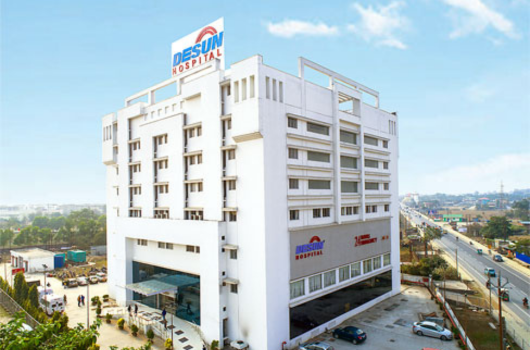
.png)
.png)

.jpg)
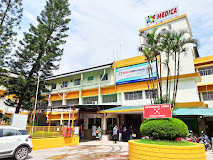
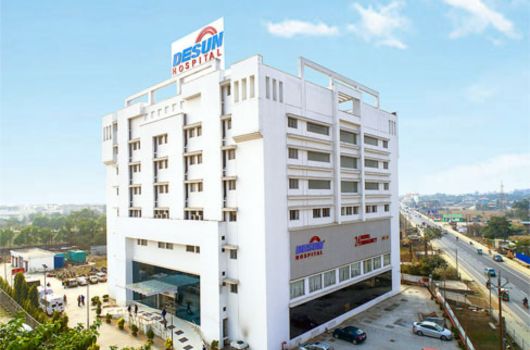


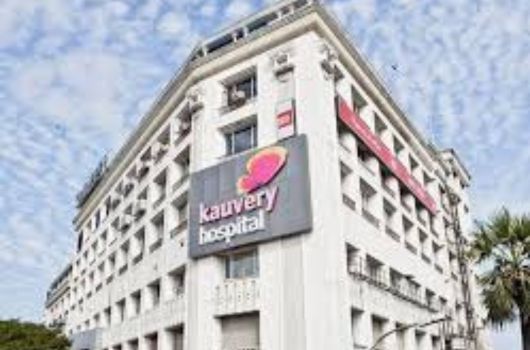

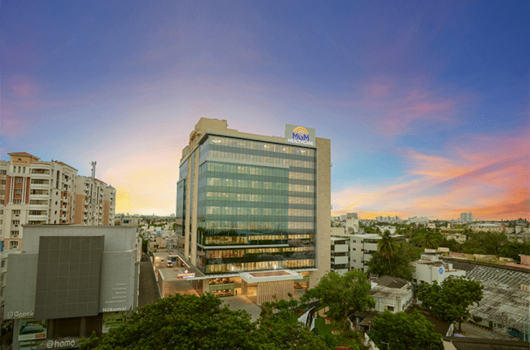


.png)
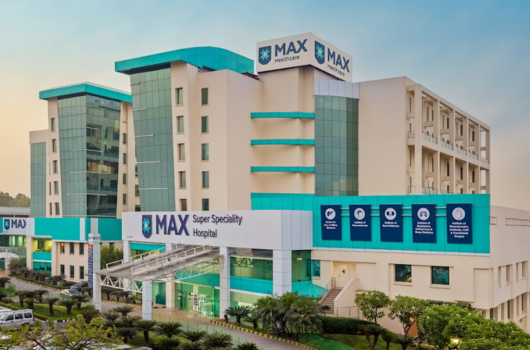
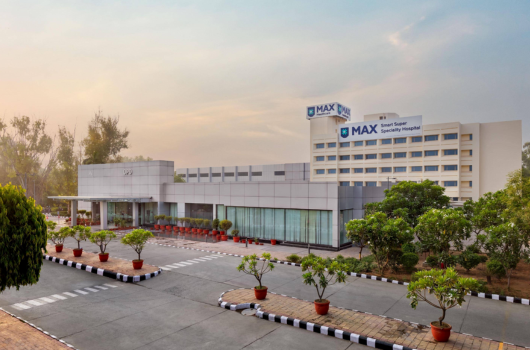
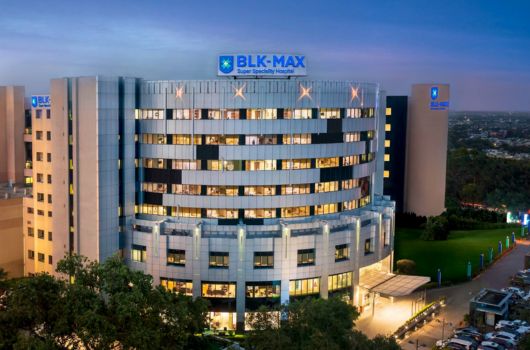
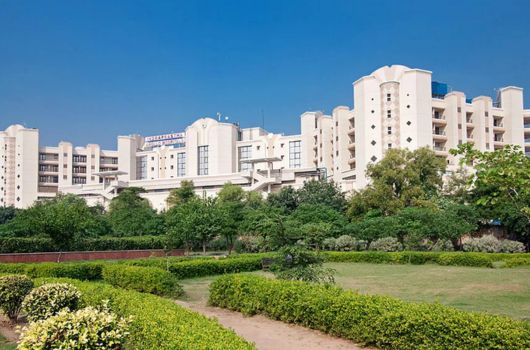



.jpg)


These hospitals follow international rehabilitation and exercise therapy standards and provide full support for Bangladeshi patients through Bangla Health Connect.
The average cost of exercise therapy ranges from $240 to $1,300 in India and between $600 to $3,000 in Thailand. The final cost may vary based on factors such as the treatment method, hospital location, and length of rehabilitation. Before viewing the detailed table of treatment-wise costs, it’s helpful to understand what influences these expenses most.
Several elements affect the total expense of therapeutic exercise plans:
Note: India is well known for offering cost-effective rehabilitation care. Hospitals combine affordability with strong outcomes, supported by experienced physiotherapists and modern rehab facilities.
Note: Thailand’s hospitals are often promoted as premium destinations for international patients. Their higher costs reflect the use of advanced imported medicines, luxury infrastructure, and all-inclusive patient care packages.
The costs listed are approximate and may vary based on hospital, location, and patient needs. Consult the healthcare provider for accurate and updated information.
The currency conversion rates in the table above are based on data from October 2025.
For more help on cost estimates and personalised guidance, contact Bangla Health Connect.
Success in exercise therapy means achieving measurable improvements in health, mobility, and overall quality of life. With the right plan, patients see positive changes in both physical and mental well-being.
Recognising the warning signs of stroke and seeking help immediately can greatly improve the chances of a positive outcome. Prompt emergency treatment significantly boosts survival and recovery.
Studies show that patients who reach the emergency room within 3 hours of their first symptoms are more likely to recover with fewer long-term disabilities. Encouragingly, 93% of people can already identify sudden numbness on one side as a sign of stroke. Those who act fast at the best chance at a successful recovery.
Top hospitals and rehabilitation centres focus on safe, structured, and personalised exercise therapy to support recovery and long-term health. Their approach usually includes:
By combining modern technology, specialist expertise, and patient-focused care, these centres help improve outcomes and quality of life for patients requiring exercise therapy.

Dr. Arul Selvan, Senior Neurologist at Apollo Hospital, Chennai, highlights the critical role of therapeutic exercises in stroke recovery. He explains that paralysis after a stroke occurs due to the sudden loss of brain function, often affecting one side of the body. While early medical treatment within the first hour using clot-dissolving drugs improves overall outcomes, early physiotherapy and guided exercises are equally important.
According to him, targeted exercises help manage spasticity, a condition where muscles become stiff due to involuntary contractions. Without consistent physiotherapy, stiffness can limit movement even if muscle strength improves. Dr. Selvan emphasises that starting exercise therapy as soon as medically allowed is crucial to restore mobility, improve balance, and regain independence after a stroke."
If you’re unsure what to do after a stroke, epilepsy diagnosis, or high triglyceride report, the most important step is to get a proper assessment and start a supervised exercise plan quickly. That’s where Bangla Health Connect steps in - offering expert guidance and connecting families with trusted rehabilitation centres in India, Thailand, and other countries.
Choosing hospitals through Bangla Health Connect gives Bangladeshi patients access to expert-supervised exercise therapy abroad with complete peace of mind.
Note: Bangla Health Connect does not provide medical advice.
✅ Share Your Reports - Bangla Health Connect connects you with trusted hospitals worldwide.
✅ Get treatment plans from leading Hospitals worldwide
✅ Choose the one that fits you
✅ Let us handle the rest
Walking is often considered the most beneficial exercise for overall health. It is low-impact, improves cardiovascular fitness, helps manage weight, and is safe for people of all ages. Depending on your medical condition, activities like swimming, cycling, and resistance training may also be effective. Always consult your doctor before starting a new exercise routine, especially if you have a chronic health condition.
Yes. Regular aerobic exercises such as brisk walking, jogging, cycling, or swimming can lower triglyceride levels within a few weeks. For best results, combine at least 150 minutes of moderate-intensity exercise per week with healthy eating and weight management. Results may vary. Consult your healthcare provider before making major changes to your exercise or diet plan.
Yes, but with guidance. Most people with epilepsy can safely exercise if their condition is well-controlled. Activities like walking, yoga, and swimming with supervision are recommended. Avoid overexertion and high-risk sports unless cleared by a doctor. Exercise plans for epilepsy patients should always be discussed with a neurologist or doctor before starting.
Post-stroke recovery often includes physiotherapy with balance training, gait exercises, stretching, and resistance training. Repetitive and goal-directed movements improve strength and restore motor control. A rehabilitation specialist will create a personalised plan based on the patient’s needs. Always follow a rehabilitation plan created by your physiotherapist or doctor to ensure safety and effectiveness.
The safest approach is a combination of aerobic exercise (like walking or cycling) and strength training. Start slow, aim for 30-60 minutes daily, and increase intensity gradually. Pair exercise with a balanced diet for long-term success. Consult your doctor or fitness professional before beginning any new exercise or diet plan.
Yes. Bangla Health Connect helps patients book physiotherapy sessions, supervised rehabilitation programmes, and fitness consultations at top centres worldwide, including India and Thailand.
Yes. We provide visa guidance, flight booking assistance, airport pickups, and hospital coordination abroad to make your rehabilitation journey smooth and stress-free.
Costs vary by country, hospital, and programme type. Some destinations offer more affordable options, while others provide premium services at higher prices. Bangla Health Connect shares clear, country-wise cost estimates so families can plan with confidence.

